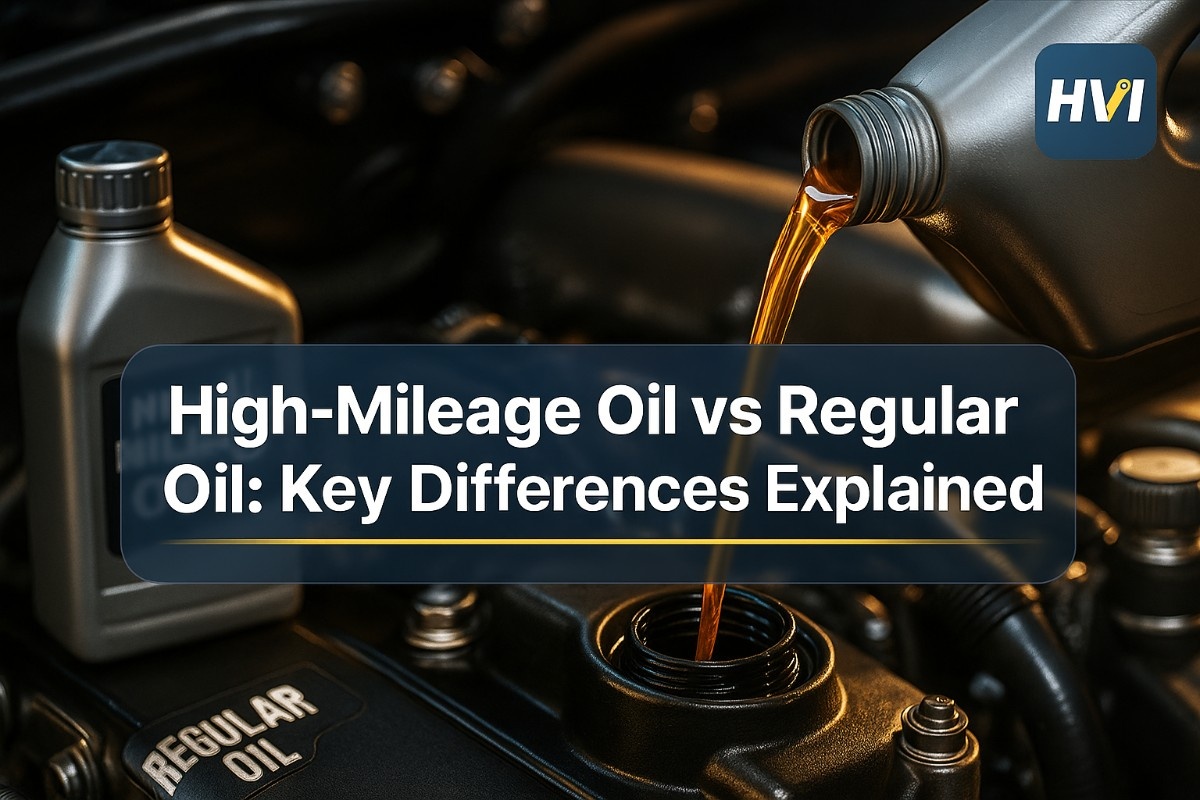AI is a groundbreaking technology that holds the promise of significant discoveries and enhanced efficiencies. However, there are concerns that AI could result in job losses and the dominance of machines. These opposing perspectives are central to the ongoing debate about artificial intelligence.
In reality, AI is already deeply embedded in both our personal and professional lives. As Oracle states, “The central tenet of AI is to replicate – and then exceed – the way humans perceive and react to the world.” Oracle also highlights that “AI can make sense of data on a scale that no human ever could.” Without AI’s lightning-fast data interpretation, today’s companies would be overwhelmed by the sheer volume of information.
Note: Join our latest webinar "AI-Powered Preventive Maintenance: Save 10 Hours Weekly and Revolutionize Your Fleet Management" to learn how AI can transform your maintenance strategy. Don't miss out on this opportunity! Watch recording.
Why AI Has Become a Powerful Tool for Fleet Management
For years, fleets have leveraged AI to analyze the vast amounts of data generated by telematics and diagnostics tools. From dash cams to sensors and GPS tracking, AI processes real-time data on fuel consumption, location, speed, and more. Manually analyzing this data would be prohibitively time-consuming. AI has significantly reduced operational costs, streamlined decision-making, and enhanced efficiency in every facet of fleet management.
Improved Fuel Efficiency
AI streamlines operations by automating tasks such as route planning, maintenance scheduling, and fuel optimization. With diesel prices being highly volatile, enhancing fuel economy is crucial. AI-driven systems analyze real-time traffic data, weather conditions, and historical traffic patterns to recommend the most efficient routes for drivers. By avoiding difficult road conditions, traffic jams, and construction detours, deliveries are faster, and fuel costs are reduced. Telematics track driver behavior, enabling managers to identify and retrain drivers who exhibit excessive idling or other fuel-wasting habits.
Predictive Maintenance vs. Preventive Maintenance
The value of regularly scheduled preventive maintenance (PM) for keeping trucks road-ready is undisputed. However, while PM follows a set schedule, predictive maintenance relies on real-time data, allowing managers to address vehicle issues before they escalate and cause breakdowns. AI algorithms use real-time sensor data and historical usage patterns to identify wear and tear issues early. This approach reduces downtime, saves on costly repairs, and extends the lifespan of trucks.
Safety and Compliance
AI-powered predictive analytics can identify potential safety risks and prevent accidents. Fleet safety is a top priority for every fleet. AI-enhanced systems, such as advanced driver assistance systems (ADAS), automatic emergency braking, lane departure warning, and adaptive cruise control, are now commonplace. AI also analyzes driver behavior to promote safe driving by identifying unsafe practices like distracted driving, harsh braking, and speeding. Ensuring drivers follow safe driving practices reduces the likelihood of accidents, which is vital for the economic and reputational health of the fleet and the company, especially given the rise of nuclear verdicts.
Cost Reduction
AI-driven insights help minimize fuel consumption, reduce downtime, and optimize resource allocation. Fleets can leverage AI to analyze real-time data, enabling more efficient route planning and fuel usage. Predictive maintenance systems powered by AI can anticipate and address vehicle issues before they escalate, significantly cutting down on costly repairs and unexpected breakdowns. Additionally, AI assists in resource optimization by providing detailed analytics on asset utilization, ensuring that every vehicle and piece of equipment operates at peak efficiency. This comprehensive approach to cost management not only saves money but also enhances overall fleet productivity and profitability.
How AI is Applied
- Predictive Maintenance: AI analyzes vehicle data to predict maintenance needs, preventing breakdowns and minimizing downtime.
- Route Optimization: AI algorithms optimize routes based on real-time traffic data, saving time and fuel.
- Driver Behavior Monitoring: AI monitors driver behavior, promoting safe driving practices.
- Telematics: AI processes telematics data (GPS, sensors) to improve fleet performance.
- Autonomous Vehicles: AI enables self-driving trucks, enhancing efficiency and safety.
Overcoming Challenges and Benefits
While the advantages of AI for fleets are considerable, there are several challenges to address. Although self-driving trucks are a future concern, current challenges include:
- Initial Investment Costs: Implementing AI-driven technologies requires a substantial financial commitment. Beyond startup costs and expensive equipment, maintenance necessitates significant technician training. Fleets need to adopt a long-term perspective, recognizing that AI will ultimately provide substantial returns. Fleets that fail to invest in this technology will find themselves at a competitive disadvantage.
- Workforce Adoption/Change Management: The introduction of new technology often faces adoption hurdles. Goldman Sachs estimates that AI and automation could lead to the loss or degradation of up to 300 million jobs globally. While technicians and drivers will still be needed, some may view AI technology as intrusive and have privacy concerns. Fleet managers must train and upskill their teams to ensure a smooth transition.
- Data Privacy and Security: Cybersecurity is a significant concern, as data can be exploited if it falls into the wrong hands. Fleets must invest in robust data privacy and cybersecurity measures to protect against potential breaches.
Integrating these considerations is crucial for leveraging AI's full potential in fleet management while mitigating associated risks.
Fleet Operations and the Trucking Industry Need AI-Driven Technology
AI has transitioned from a luxury to a necessity in fleet operations. Fleets must determine the extent and timing of their AI deployment if they haven’t done so already. The future of fleet management will be heavily dependent on AI to deliver actionable insights. With technology evolving rapidly, managers must quickly identify and leverage AI's advantages to gain a competitive edge.
Real Statistics
- According to a McKinsey report, AI adoption in transportation and logistics could generate $1.3 trillion in value by 2040.
- A study by Frost & Sullivan predicts a 20% reduction in fleet operating costs through AI implementation.
ROI and Future Trends
- ROI: Companies investing in AI-powered fleet management can expect significant returns through cost savings, improved safety, and efficiency gains.
- Future Trends: Expect continued growth in autonomous vehicles, AI-driven analytics, and sustainability-focused solutions.




